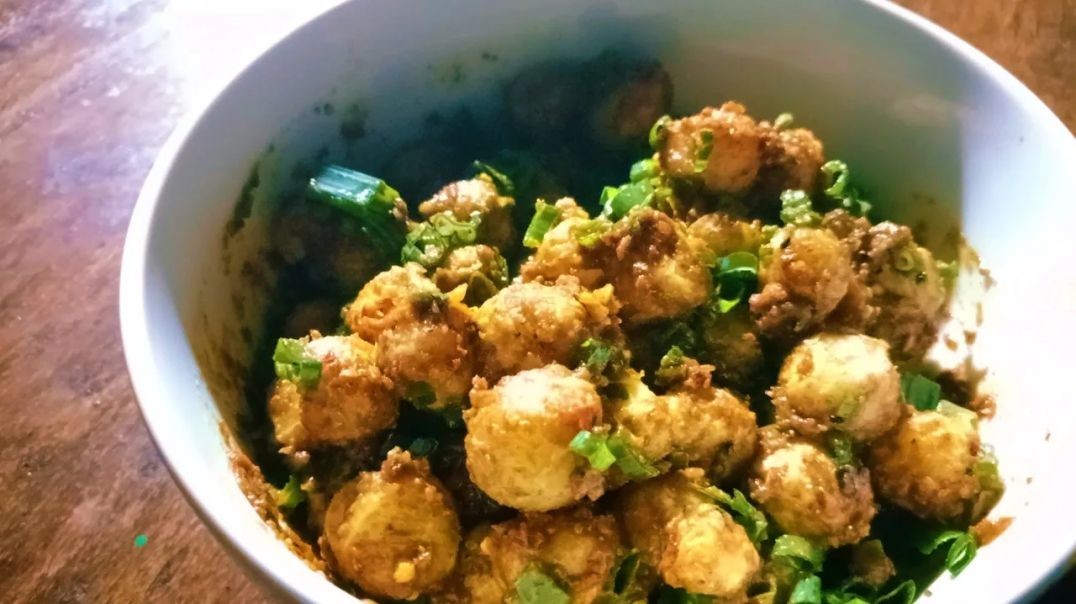Origins and History
The origins of tandoori chicken date back to the Mughal era, but it gained widespread popularity in the 1940s. It was introduced by Kundan Lal Gujral, a restaurateur in Peshawar, who later moved to India and popularized the dish in Delhi. Over time, tandoori chicken became a staple in Indian cuisine and a globally recognized dish.
Ingredients and Preparation
Tandoori chicken is prepared by marinating chicken in a blend of yogurt and aromatic spices. The marinade typically includes:
Yogurt (to tenderize the meat)
Ginger-garlic paste (for deep flavor)
Red chili powder (for heat and color)
Turmeric and cumin (for earthiness)
Garam masala (a blend of Indian spices)
Lemon juice (for tanginess)
Mustard oil (for richness)
The marinated chicken is traditionally cooked in a tandoor, a cylindrical clay oven heated with charcoal, which imparts a smoky flavor. In modern kitchens, it can be prepared using an oven, grill, or air fryer.
Nutritional Benefits
Tandoori chicken is not just delicious but also a healthy protein-rich dish. The yogurt-based marinade helps in digestion, and the use of lean meat makes it a great option for those looking for a nutritious meal. Unlike deep-fried dishes, tandoori chicken is cooked with minimal oil, making it a healthier alternative to other grilled or fried meats.
Cultural Significance
Tandoori chicken is a staple at Indian restaurants and a must-have at celebrations, weddings, and gatherings. It is commonly served with naan, roti, or basmati rice, along with mint chutney, onion rings, and lemon wedges for added freshness.
Variations of Tandoori Chicken
Several variations of tandoori chicken have emerged over time, including:
Chicken Tikka: Boneless pieces marinated in tandoori spices and skewered.
Butter Chicken: Tandoori chicken simmered in a creamy tomato-based gravy.
Grilled Tandoori Chicken: A home-friendly version made using an oven or grill.
Malai Tikka: A milder version with cream and cheese in the marinade.
Conclusion
Tandoori chicken is a perfect blend of tradition, flavor, and health. Whether enjoyed as an appetizer or main course, its bold spices and smoky taste make it a dish that never fails to impress. Its global appeal ensures that it remains a beloved delicacy, bringing the essence of Indian cuisine to tables around the world.











